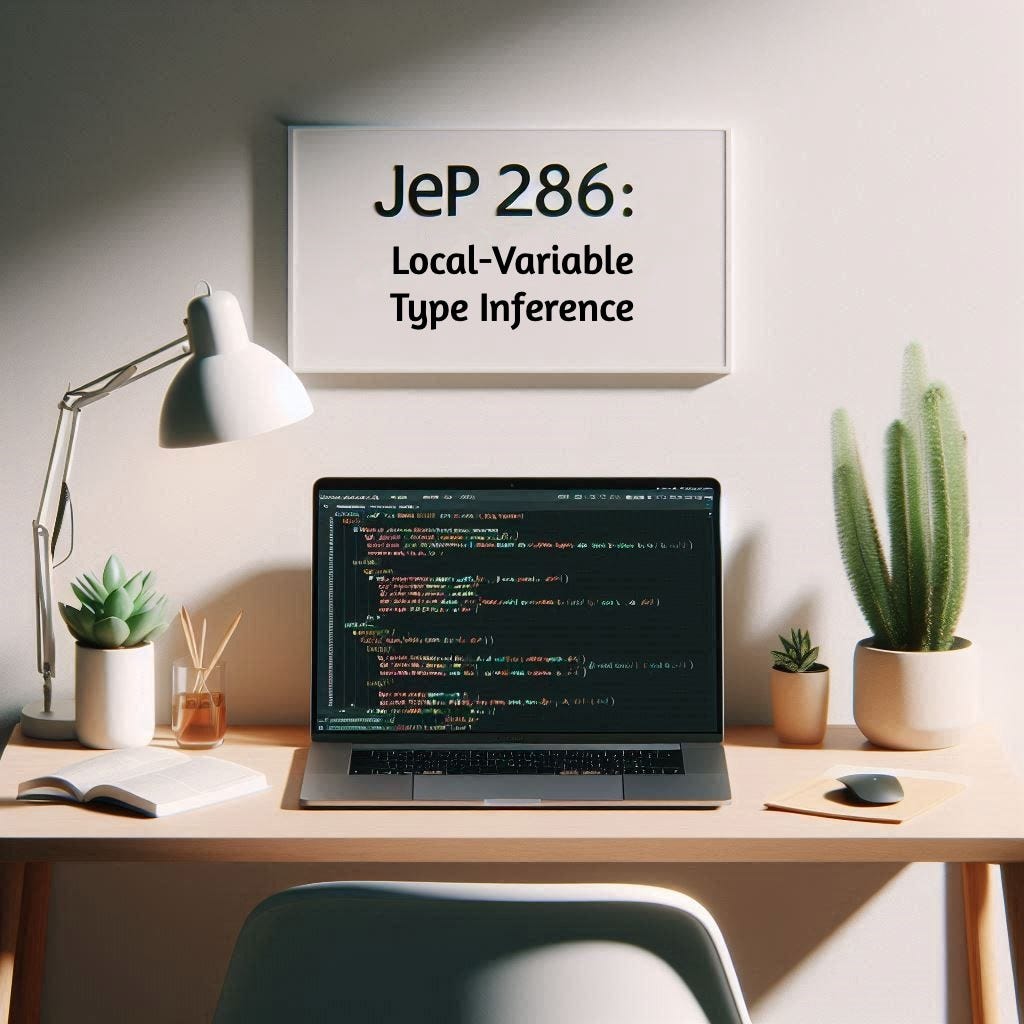When to Use var in Java – Best Practices and Pitfalls
If you are a Java developer, chances are you have already used the “var”. This feature was introduced in Java 10 by JEP 286: Local-Variable Type Inference. But is this feature helpful or not?
The JEP 286 was introduced by Project Amber, which aims to enhance the language and provide features to improve developer productivity.
The var keyword isn’t suitable everywhere; it can only be used when the compiler can infer the variable’s type. While var can make code cleaner and reduce verbosity, there are situations where it may reduce readability. Let’s explore some cases where var improves code readability and other instances in which it can make the code harder to understand.
Good Use Cases
1. When the Type is obvious from the assignment
var names = List.of("Alice", "Bob", "Charlie");2. In Loops with Simple Types
for (var name : names) {
System.out.println(name);
}3. In variables for if statement close to the usage
var isEven = isEven(number);
if (isEven) {
}Bad Use Cases
1. When the Type is Not Clear
var data = fetchData(); // What is 'data'? Hard to know without looking at fetchData's return type2. In Complex Expressions
var result = process(input).compute().getFinalResult();When var is used with chained methods, it becomes difficult to know what type result actually holds, impacting readability.
Conclusion
These are examples when using var can be helpful or not. In some cases, var makes the code more concise by reducing verbosity. However, in other situations, it may require developers to check the method to understand the variable type, which can decrease readability.
These are just a few examples, and we can often improve our code to make it more obvious and easier to understand. This approach helps us use var more effectively, reducing any potential drawbacks.
What do you think about it? Do you like to use var?


